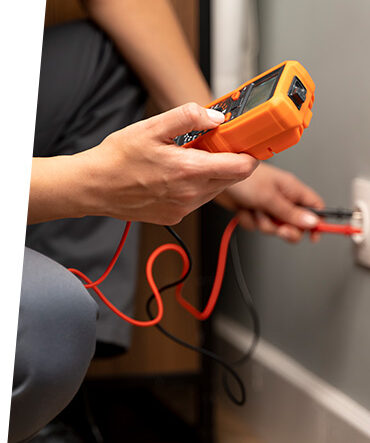Category: Electrical Installation Ghana
Electrical Installation Ghana
Reliable Commercial Electrical Installation in Ghana. Our expert electricians deliver efficient, safe, and code-compliant solutions for offices, retail spaces, and commercial properties, ensuring minimal disruption and maximum productivity.
Commercial electrical Installation Services Accra-Ghana
At Mega Solution Electrical Engineering, we provide tailored commercial electrical Installation services, including installations, repairs, lighting, and standby generator maintenance for businesses.
Industrial electrical Installation Services Accra-Ghana
Our industrial electrical Installation service Accra, Ghana ensure smooth operations through expert installation, maintenance, and repair of critical electrical systems. With a focus on reducing downtime and improving efficiency, we offer solutions tailored to your facility’s needs.
Residential Electrical Installation Services Accra-Ghana
Our Residential Electrical Installation Services in Accra, Ghana covers installations, repairs, and maintenance for your home’s electrical systems, focusing on safety, reliability, and energy efficiency. Contact us today for professional solutions tailored to your home.
Licensed Electricians Accra-Ghana
Looking for Licensed Electricians Ghana?
When it comes to electrical work, you can’t afford to take chances. Whether it’s a small fix at home or a major installation for your business, the expertise of a licensed electrician is what sets quality work apart from risky DIY attempts. At Mega Solution Electrical Engineering, our team is packed with highly educated professionals, certified by the Energy Commission and licensed by the Ghana Institution of Engineering. With us, you’re not just getting an electrician; you’re getting a trusted expert ready to handle any electrical challenge, big or small. Ready to learn more? Let’s dive in and explore how we bring safety and precision to every job we tackle!
Electrician Near Me in Ghana
Looking for a trusted electrician near you in Ghana? From electrical wiring to repairs and installations, professional electricians ensure your home or business stays powered and safe. Discover the best services across Ghana and learn how to choose the right expert for your needs.
How to Get Certified as an Electrician in Ghana
Dreaming of a Career as an Electrician in Ghana? Here’s How to Make It Happen!
So, you’ve got a passion for fixing things and solving electrical problems, but you’re not sure how to turn that passion into a professional career? You’re in the right place! Getting certified as an electrician in Ghana is the key to unlocking countless job opportunities, better pay, and the pride of being recognised as a skilled professional. Whether you’re just starting or already have some experience, this guide will walk you through every step you need to take—from education and apprenticeships to acing your certification exams. Ready to light up your future? Let’s get started!
Electricians in Ghana: A Comprehensive Hiring Guide
Characteristics of Top Electricians
Before starting your search, it’s essential to know what qualities to look for in an electrician. Here are the key characteristics of top electricians in Ghana:
– Licensed and certified by the Energy Commission of Ghana
– Experienced in electrical installations, repairs, and maintenance
– Knowledgeable about Ghanaian electrical codes and regulations
– Skilled in electrical troubleshooting and problem-solving
– Safety-conscious and adheres to safety protocols
– Customer-focused and communicative
Registered Electrical Contractors in Ghana
Choosing a registered electrical contractor in Ghana is essential for quality and safety in all electrical projects. Whether you’re a homeowner, business owner, or an individual needing reliable services, hiring a registered contractor ensures adherence to Ghana’s regulations, minimising risks and securing the highest standards of workmanship. Registered contractors are authorised by the Energy Commission, providing peace of mind that installations, repairs, and upgrades meet both safety and professional benchmarks.
Engineers solve agricultural challenges.
The role of Engineers in helping to develop industries to address our seasonal. agricultural problems of bumper harvests











